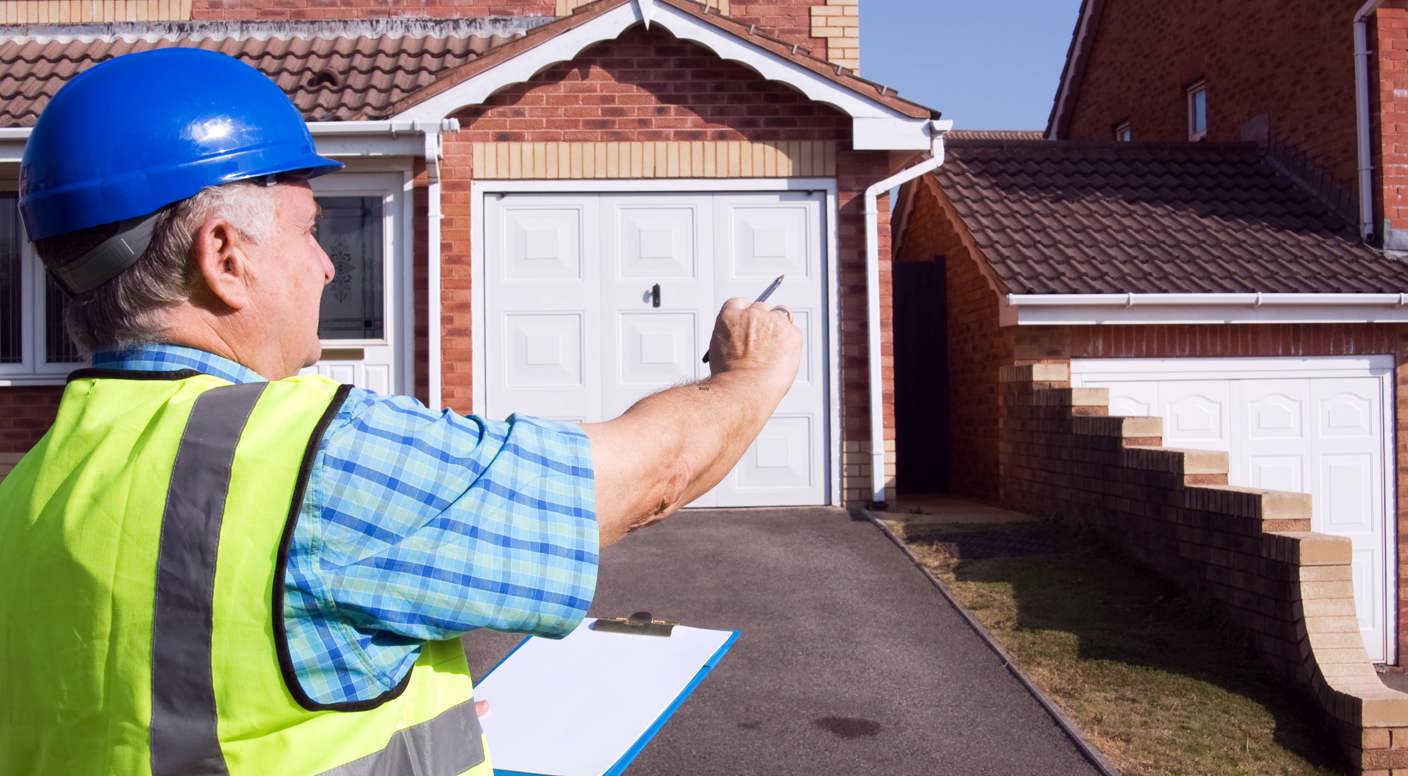An accurate property valuation you can trust
We'll help you to find the value of your property, so you can find a buyer or tenant as soon as possible.
Enter your details below to book a professional appraisal.
Why a House Survey Matters When Buying a Home
Buying a home is one of the biggest financial commitments you'll ever make. While it's easy to focus on a property's appearance or feel, the structure and condition beneath the surface are just as important. That's where a house survey comes in - it helps you understand what you're buying and whether any costly issues are hidden from sight.

Although surveys aren't a legal requirement, skipping one could be a false economy. In our latest guide, we explain whether you need a house survey, what the different types mean, and how to choose the right one for your situation.
Is a Survey the Same as a Mortgage Valuation?
No. A mortgage valuation is for the lender's benefit, not yours. It confirms that the property is worth what you're borrowing, but it doesn't inspect the condition or identify any defects.
A house survey, on the other hand, is an independent report you commission to identify any structural problems, damp, subsidence, or potential repair costs before you finalise the purchase.
Do I Legally Need a Survey?
Surveys are optional - but highly recommended, especially on older properties, non-standard builds, or homes with visible issues. Even with newer homes, snags and defects can occur that only a trained surveyor will spot.
What Are the Main Types of House Survey?
1. RICS Level 1 - Condition Report
This is the most basic survey. It provides a summary of the property's condition, highlights urgent defects and uses a simple traffic light system to flag issues.
- Best for: Modern homes in good condition
- Does not include: Valuation or detailed advice on repairs
2. RICS Level 2 - Homebuyer Report
This mid-range survey is the most popular option. It covers major defects, structural concerns, dampness, insulation issues, and other visible problems. You can choose to include a property valuation and insurance rebuild cost.
- Best for: Properties under 100 years old that appear in reasonable condition
- More thorough than: Condition Report, but non-intrusive
3. RICS Level 3 - Building Survey
This is the most comprehensive option. It includes a comprehensive structural assessment and a detailed report with recommendations for repairs, maintenance, and potential future issues. Surveyors will look in the loft, check behind walls (where accessible), and examine the entire structure.
- Best for: Older properties, listed buildings, unusual construction, or fixer-uppers
- Most detailed - includes estimated repair costs and timescales
How Much Does a Survey Cost?
Costs vary depending on the size, value, and location of the property, as well as the type of survey chosen:
- Condition Report: Typically £300 - £500
- HomeBuyer Report: Around £400 - £700
- Building Survey: Usually £700 - £1,500+
While this may seem like a large upfront cost, discovering a hidden structural fault early on can save you thousands in the long run - or give you a reason to renegotiate the sale price.
What Happens After the Survey?
Once you receive the report, read it carefully and focus on anything flagged as urgent or high-risk. If major problems are found, you can:
- Renegotiate the offer to reflect repair costs
- Request that the seller resolve issues before the exchange
- Walk away if the risks or costs are too high
New-Build Homes: Do I Still Need a Survey?
Even with a new build, it can be worth commissioning a professional snagging survey. These highlight small faults and cosmetic issues that developers should fix before completion. From misaligned tiles to poorly fitted doors, snagging lists help ensure you're getting what you paid for.
A Smart Investment, Not a Cost
While it's tempting to save money during the buying process, skipping a survey can leave you exposed to expensive surprises. Whether it's a loose roof tile or serious structural damage, knowing what you're buying puts you in control.
Choosing the right survey depends on the age, condition, and type of property, and how confident you are in what you're walking into. If in doubt, speak to your estate agent or conveyancer for guidance.
Buying in the North West? Farrell Heyworth offers local property expertise and trusted advice on choosing the right survey for your next move. Our team understands the hidden challenges different homes can pose and can help you avoid the common pitfalls before the exchange.
Related Posts
UK Rental Market Outlook 2026: National Trends & North West Growth Analysis
Our latest blog post combines the latest data from the Rightmove Rental Trends Tracker, the ONS Private Rental Price Index,…
Most In-Demand Property Features for 2026 Buyers: UK Trends and North West Insights
National data from the Office for National Statistics, the Bank of England and leading property portals such as Rightmove consistently…
Why Coastal Relocations Will Surge Again in 2026: Complete Guide for UK Home Buyers
Across the UK, search volumes for phrases such as "move to the coast", "best coastal towns to live", and "coastal…



